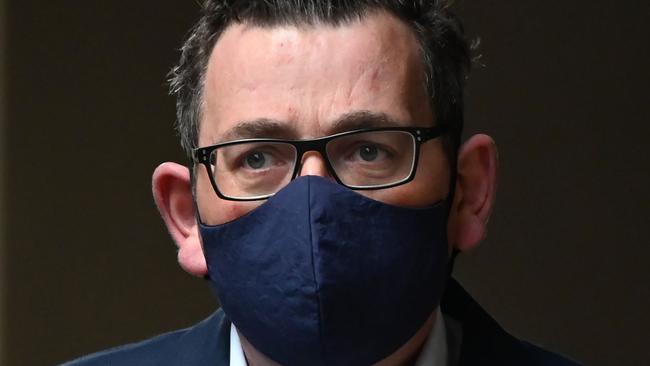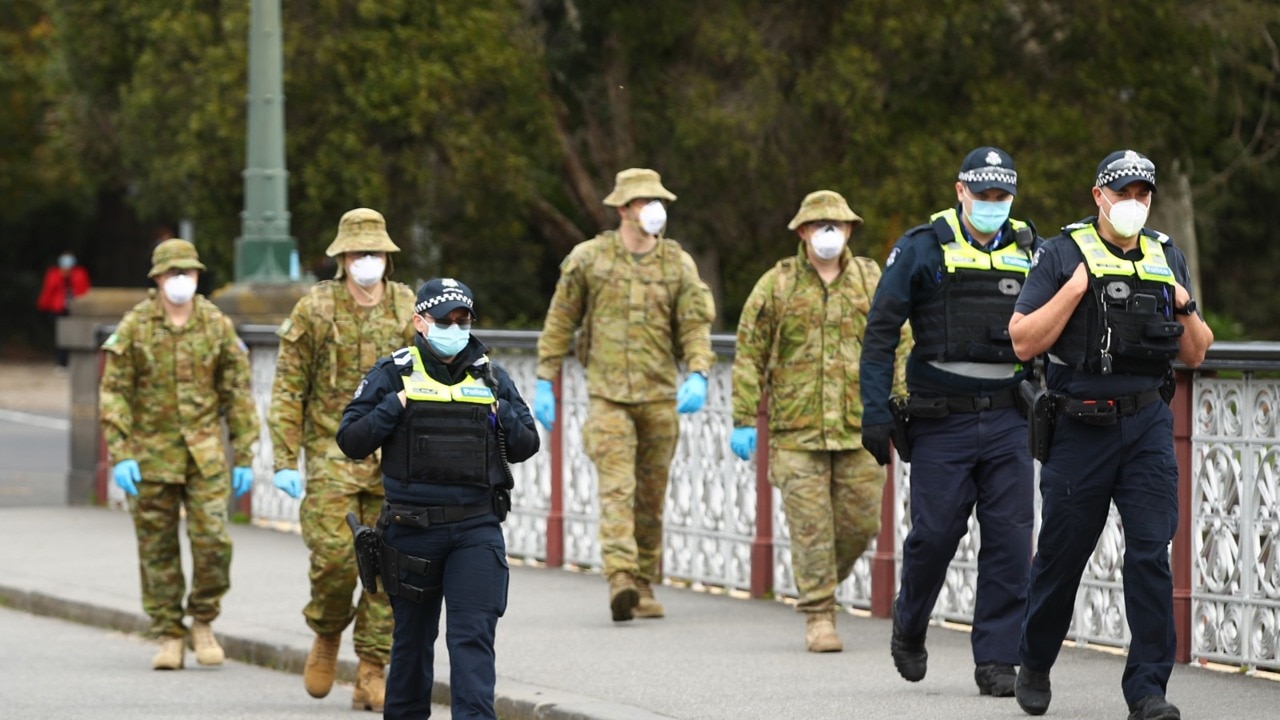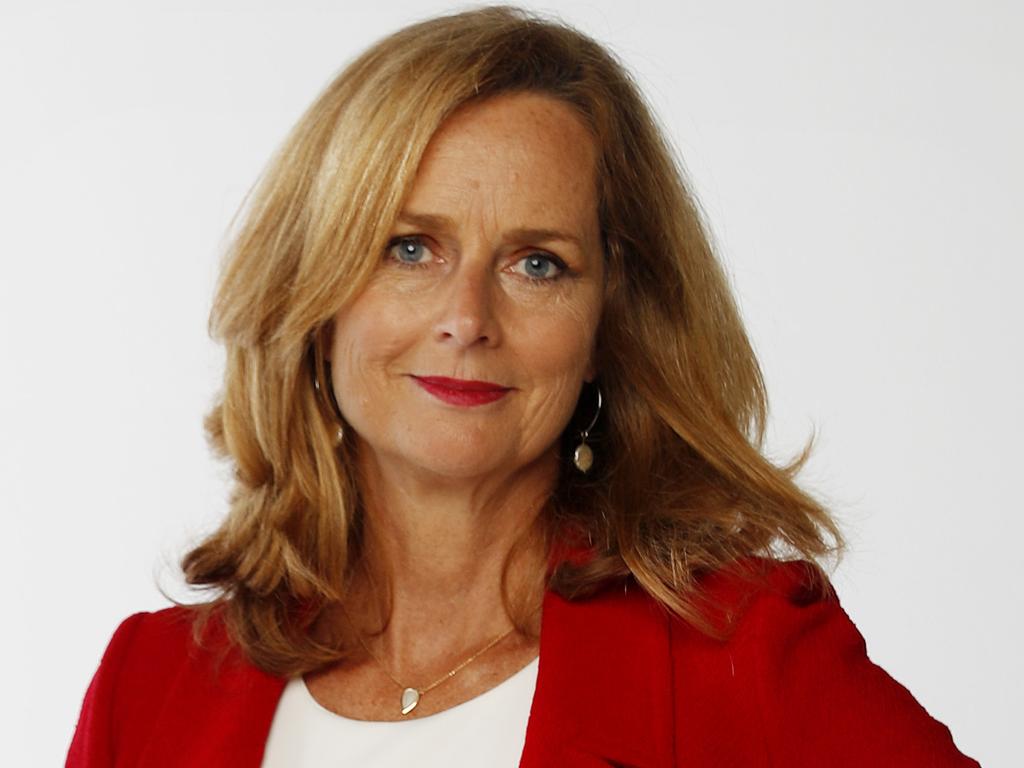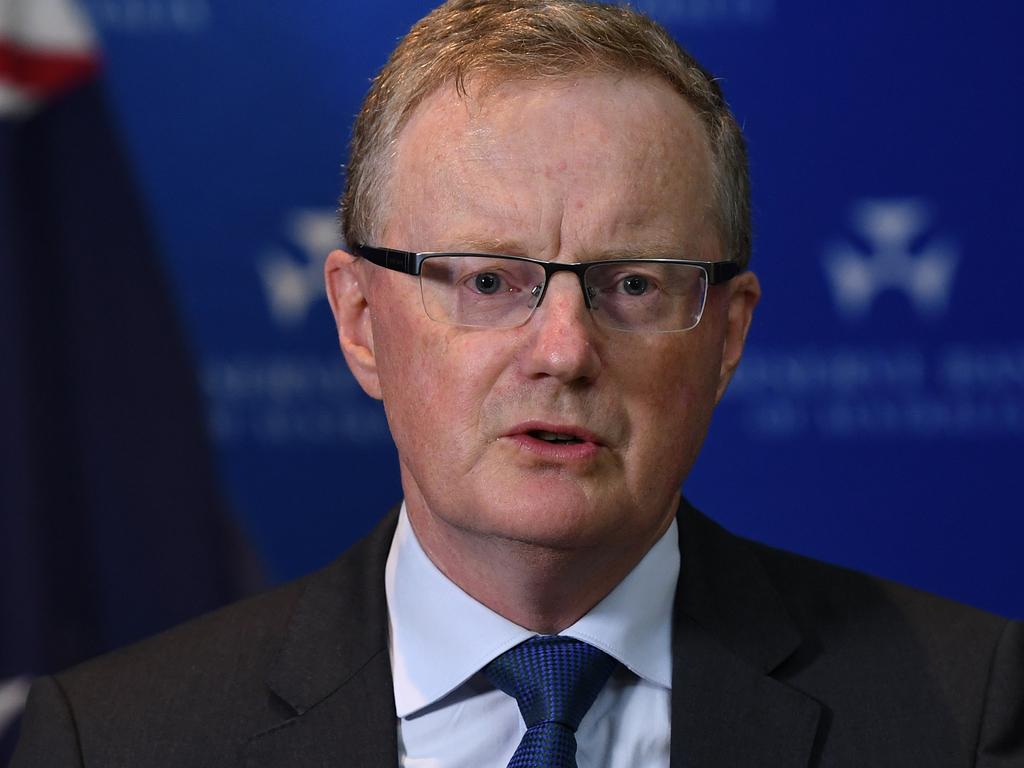The COVID-19 panic is unnecessary — it is much less threatening than we think
Fear might be helpful in eliciting compliance with public health measures but it’s a disaster for economic activity.

Deutsche Bank analyst Tim Baker was perplexed on Friday, highlighting in a research note to clients the “extent to which Australia and New Zealand stand out for a heavy response to a relatively mild problem”.
“Put simply the Antipodes have coronavirus caseloads at the bottom of the pack but lockdown stringency at the top; governments have chosen to respond with extreme caution,” he said.
In France, about 5000 cases a day are being diagnosed, yet the French government has vowed not to lock down the country again. Indeed, if my friends’ social media accounts are anything to go by, Europe rapidly is getting back to normal. While the flow of cases has rebounded a little, death rates have collapsed.
Meanwhile on Monday, after another 73 new cases were announced in Victoria, Australian Deputy Chief Medical Officer Nick Coatsworth said it was unlikely the second six-week lockdown would end on September 13.
What can explain such extreme behaviour, and the extraordinary contrast in attitude, well into a pandemic that has been much less deadly than feared?
Last week the US Centres for Disease Control and Prevention said only a fraction of US deaths from or with COVID-19 were attributed solely to coronavirus.
“For 6 per cent of the US deaths, COVID-19 was the only cause mentioned. For deaths with conditions or causes in addition to COVID-19, on average, there were 2.6 additional conditions or causes per death,” it said, to little media fanfare.

A Roy Morgan poll last week found 72 per cent supported Victoria’s 8pm to 5am curfew and 5km restriction. Three-quarters said restaurants, cafes and pubs shouldn’t be able to serve food even with social distancing. Almost 90 per cent wanted masks to be compulsory “when leaving home”. Almost 60 per cent wanted it to remain illegal to visit immediate family. Until this year, the World Health Organisation and senior disease experts advised against all of these actions to combat viral epidemics.
From the perspective of those halcyon days, our response to the coronavirus would be a story befitting Charles Mackay’s classics Extraordinary Popular Delusions and The Madness of Crowds. Masked solo drivers are now a common sight in Sydney.
Perhaps Victorians’ authoritarian tendencies have arisen from extreme — and unjustified — fear of the coronavirus. Even in nations that didn’t mandate tough lockdowns, such as Sweden, economic activity and movement collapsed.
In Britain and Sweden the public thinks 6 per cent to 7 per cent of the population has died, which would be 3.6 million and 600,000 people, respectively. The figures are 41,500 and 5800. Interestingly, Sweden’s overall mortality for this year, adjusted for population size, is barely distinguishable from previous years.
Franklin Templeton, a US investment manager, recently conducted a survey of Americans that left its chief investment officer stunned. About 70 per cent of all age groups said they were worried about contracting “serious health effects” from the virus, a “staggering discrepancy with the actual mortality data”. “For people aged 18 to 24 the share of whose worried about health consequences is 400 times higher than their share of total COVID deaths, for 25 to 34 it’s 90 times,” Sonal Desai said.
“The misperception is greater for those who identify as Democrats and for those who rely more on social media for information.”
As growth of cases slows, as it has everywhere, many Victorians will attribute the decline wholly to the lockdown, to the wisdom of the state government, a classic logical fallacy but politically powerful.
Looking at data from 23 countries and 25 US states, economists from the US Federal Reserve and the University of California last month found growth rates of coronavirus deaths surged and dissipated rapidly everywhere, notwithstanding government policy.
“Given that transmission rates for COVID-19 fell virtually everywhere in the world during this early pandemic period, we are concerned that studies may substantially overstate the role of government-mandated shutdowns in reducing disease transmission,” they wrote.
Humans spontaneously took action to avoid viruses, whatever government said, they reasoned, and “unexplained natural forces” also accounted for the decline in transmission. Seven of the eight influenza pandemics since 1700 fizzled out without any government action. “Unfortunately, each of those seven had a second substantial peak approximately six months after the first,” they did add, somewhat ominously. “The whole aim of practical politics is to keep the populace alarmed and hence clamorous to be led to safety,” American journalist HL Mencken wrote.
Fear might be helpful in eliciting compliance with public health measures — and for attracting clicks to online news articles — but it’s a disaster for economic activity and the livelihoods of swathes of the population who would like to get on with their life.
If most people significantly over-estimate the risk of coronavirus in a year’s time, they will not travel or consume in anything like the way they used to. Life will be a lot less pleasant. For now, JobKeeper and JobSeeker have papered over the economic damage wrought by lockdowns and fear.
George Orwell worried that man’s future was a boot stamping on his face. If the government doesn’t rectify such misplaced fear, it may end up being a mask.








When Peter Allen longed for Australia’s quiet cities — unlike New York, Rio and London, which never slept — Melbourne 2020 wasn’t what he had in mind. Yet for months the vast bulk of Victorians has backed the strictest lockdown imposed almost anywhere. The love of being free is on ice, and roaming is limited to just 5km.